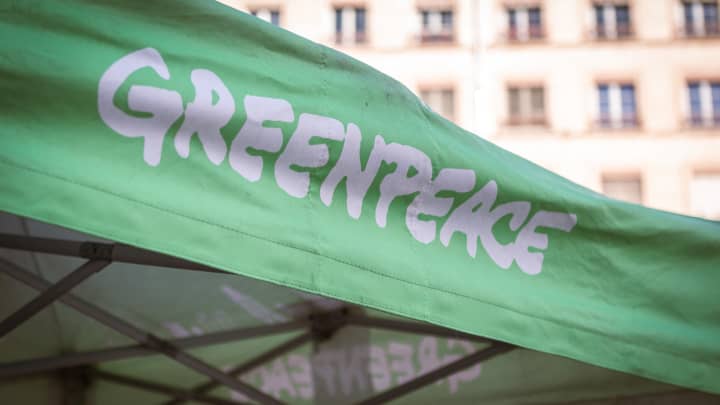A jury has ruled that environmental campaign group Greenpeace must pay over $660 million in damages to Texas-based oil firm Energy Transfer, marking a significant legal setback for the advocacy organisation.
The nine-member jury in Mandan, North Dakota, reached its decision after two days of deliberations, finding Greenpeace liable for actions undertaken to halt the construction of the Dakota Access Pipeline nearly a decade ago.
The ruling represents an extraordinary blow for Greenpeace, which has previously warned that the case could drive the organisation into bankruptcy. The group has announced its intention to appeal the verdict.
“This case should alarm everyone, no matter their political inclinations,” said Greenpeace USA’s interim executive director, Sushma Raman, in a statement released on Wednesday. “It’s part of a renewed push by corporations to weaponise our courts to silence dissent. We should all be concerned about the future of the First Amendment, and lawsuits like this aimed at destroying our rights to peaceful protest and free speech.”
Greenpeace has characterised the lawsuit as a textbook example of a SLAPP – or Strategic Lawsuit Against Public Participation – which are cases typically aimed at overwhelming campaigners with legal costs and stifling activism.
In contrast, Energy Transfer welcomed the decision, stating the verdict was a “win” for Americans who “understand the difference between the right to free speech and breaking the law.”
“We are very pleased that Greenpeace has been held accountable for their actions against us,” the company said. “This win is also for the people of Mandan and throughout North Dakota who had to live through the daily harassment and disruptions caused by the protesters who were funded and trained by Greenpeace.”
The case is likely to spark fresh debate over the boundaries of lawful protest and corporate accountability, with wider implications for environmental groups and civil liberties in the United States.




















